
Living with acid reflux can be extremely uncomfortable, with symptoms like heartburn, chest pain, and regurgitation. While medication helps, managing acid reflux often requires careful dietary choices. Some foods can trigger symptoms by increasing stomach acid production or irritating the esophagus. To help you avoid these triggers, here are 15 foods that can make acid reflux worse.
Tomatoes and Tomato-Based Products
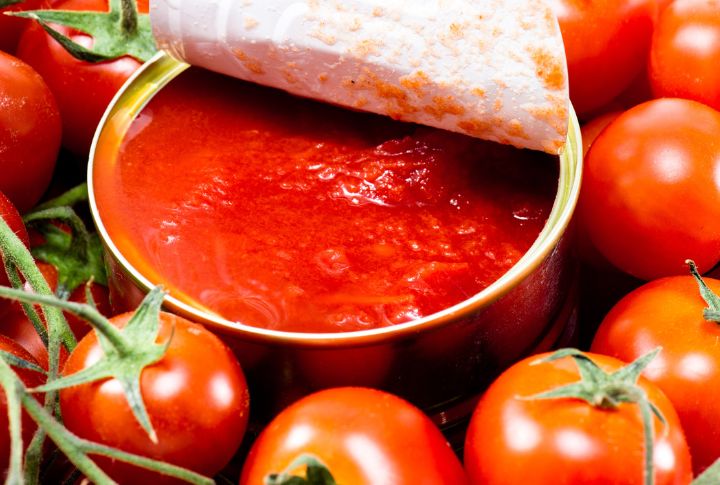
Tomatoes are naturally acidic, and consuming them surges the acidity in your stomach and irritates the lining of your esophagus, especially in those prone to acid reflux. Tomato-based products like sauce, ketchup, and juice also concentrate this acidity, making them likely to trigger symptoms.
Citrus Fruits
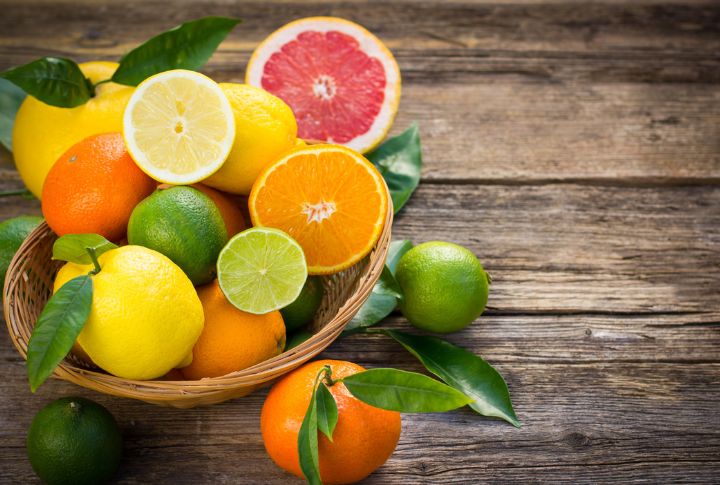
The natural acids in oranges, lemons, limes, and grapefruits weaken the lower oesophageal sphincter (LES), allowing stomach acid to flow back into the esophagus and causing heartburn. Even a small amount of citrus can intensify symptoms for acid reflux patients.
Chocolate
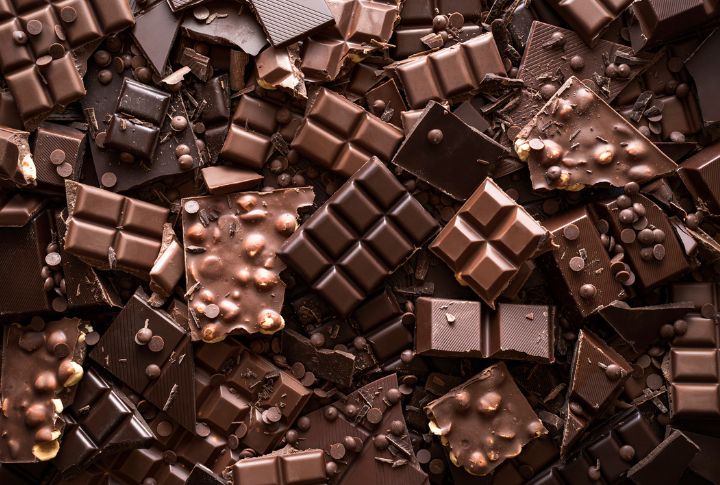
In chocolate, you’ll find caffeine and theobromine, both of which can relax the LES, a muscle that acts as a barrier between the stomach and the esophagus. Additionally, chocolate has a high-fat content, which can slow digestion and aggravate reflux symptoms.
Spicy Foods
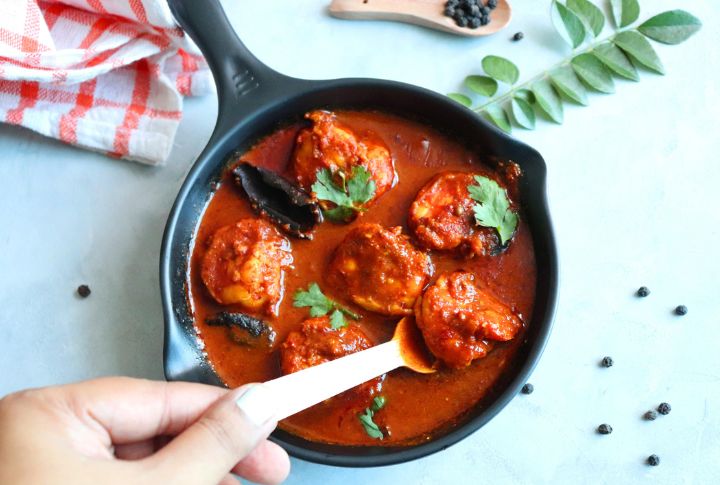
Irritation of the esophagus and stomach lining is made worse with spicy foods, such as those containing chili peppers or hot sauce. The capsaicin in these foods increases stomach acid production. For individuals with acid reflux, spicy foods can significantly worsen symptoms and make you uncomfortable.
Garlic and Onions
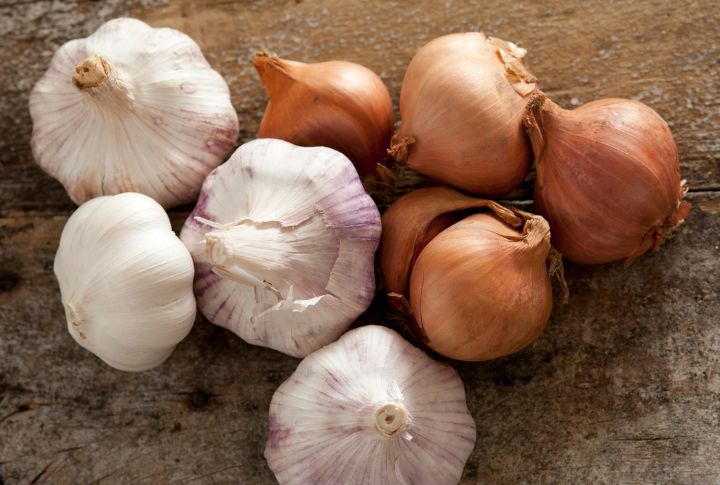
Garlic and onions can relax the LES. However, consuming these foods can also cause bloating and gas, which elevates pressure on the stomach and can push acid up. The irritation from garlic and onions can lead to severe heartburn—not in everyone, though.
Peppermint and Spearmint
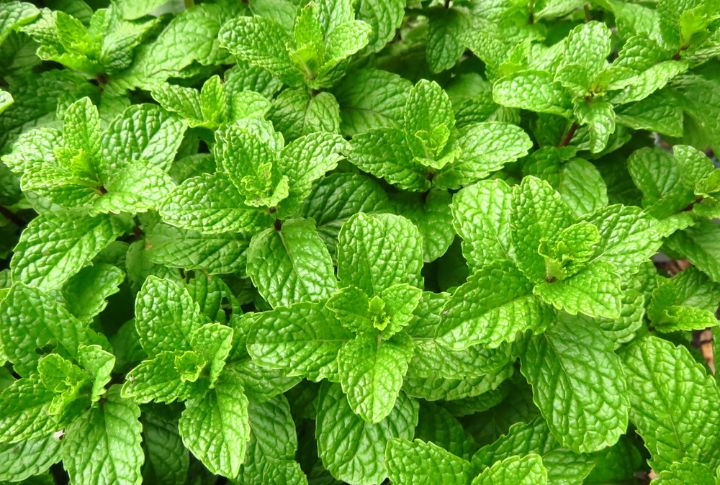
While both are often used to soothe digestive issues, they can have the opposite effect on those with acid reflux. These herbs can relax the LES, allowing stomach acid to flow back into the esophagus. This can lead to increased heartburn and indigestion, making symptoms worse.
Coffee and Caffeinated Beverages
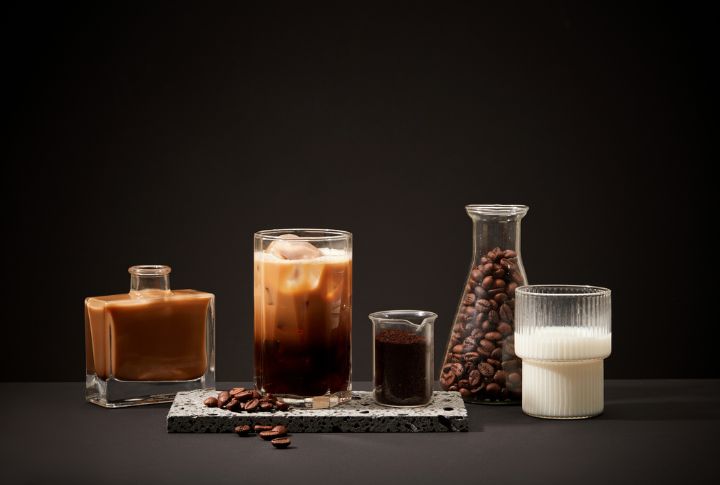
Caffeine, found in coffee and many teas, relaxes the LES and stimulates acid production in the stomach. The combination can elevate the risk of acid reflux and heartburn.
Alcohol

Discomfort and heartburn can result from irritation of the esophagus lining caused by beer, wine, and spirits. Alcohol can relax the LES and increase stomach acid production. Additionally, it can dehydrate the body, further aggravating reflux symptoms.
Carbonated Beverages
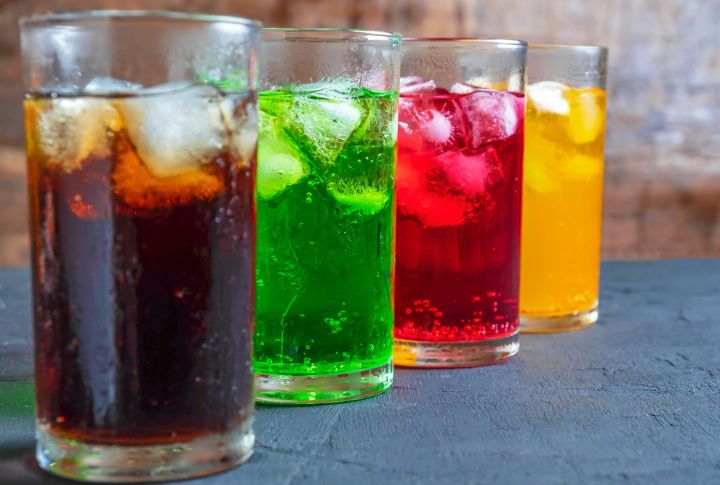
Sodas, sparkling water, and other carbonated drinks can cause bloating and put more pressure on the stomach, pushing stomach acid up to the throat. The carbonation can also relax the LES.
Dairy Products
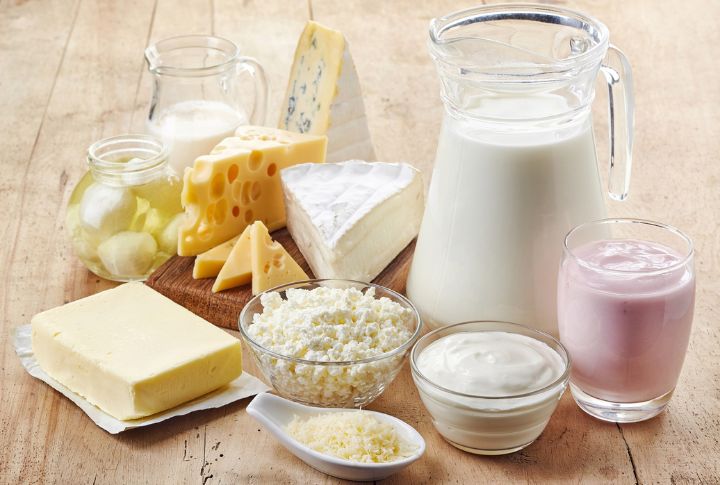
Because they contain high fat, full-fat dairy products like milk, cheese, and cream can exacerbate acid reflux. For individuals with lactose intolerance, dairy causes additional digestive issues, further worsening reflux symptoms.
Red Meat
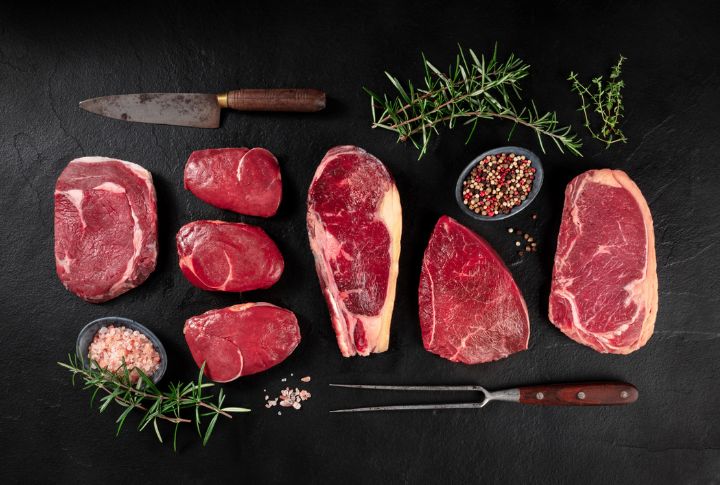
Red meat, such as beef, pork, and lamb, is high in fat and takes longer to digest. This can heighten stomach acid production and raise the risk of acid reflux. The slow digestion process puts extra pressure on the LES.
Processed Snacks
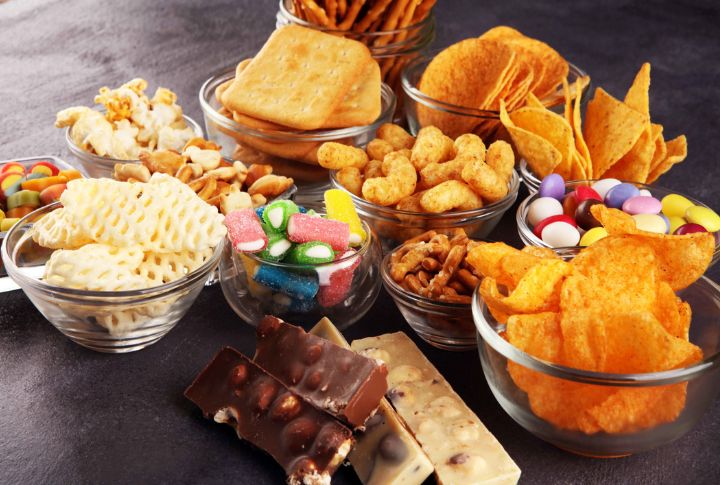
Fat and sodium are common ingredients in processed snacks, including chips, crackers, and other packaged foods. These can contribute to acid reflux by slowing digestion and escalating stomach acid production.
Pastries and Sweets

Cakes, cookies, and other sweets are typically high in fat and sugar which slow down digestion. The high sugar content can lead to spikes in blood sugar levels, causing more digestive discomfort. Reducing the intake of sugary and fatty desserts can mitigate reflux symptoms.
Vinegar

While vinegar is sometimes used as a natural remedy for digestive issues, its acidic nature can worsen acid reflux symptoms. Further, it could trigger burns in the esophagus.
Pizza
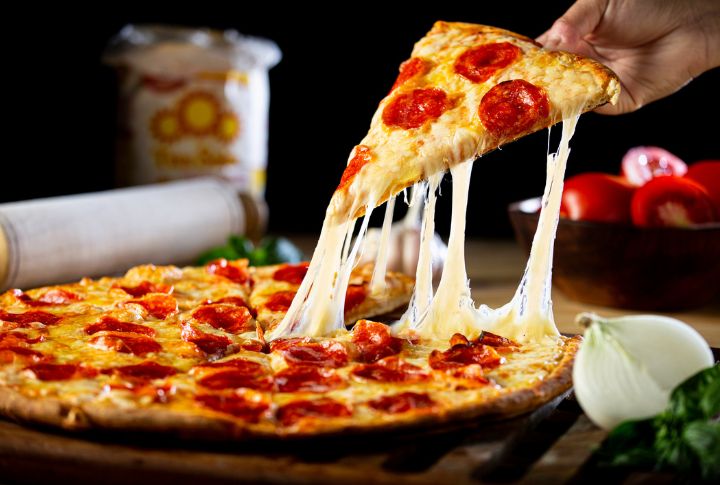
Reflux-inducing ingredients such as tomatoes, cheese, and high-fat toppings like pepperoni and sausage are found in pizza. The high-fat content slows digestion, while the tomato sauce can let acid enter the esophagus. Consuming pizza, especially in large quantities, can trigger significant acid reflux symptoms.
